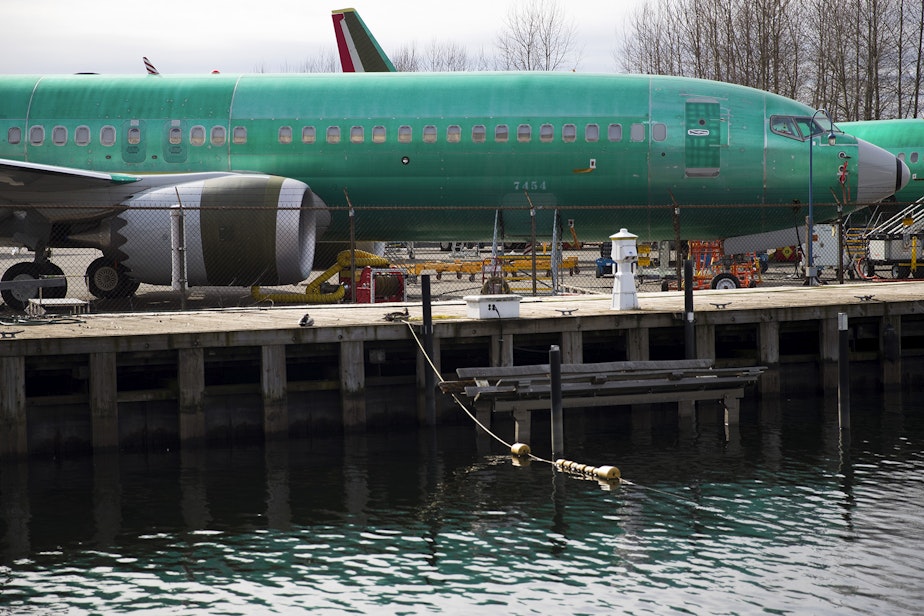U.S. regulators feel the heat over the Boeing 737 Max

Trust in Boeing, its best-selling 737 MAX, and even federal regulators have taken a beating in the aftermath of two crashes that killed 346 people. This week attention turns to what needs to change, starting with federal regulators.
The Senate subcommittee on Aviation and Space meets Wednesday to examine oversight of commercial aviation. Expected to be in attendance are Robert Sumwalt, the chairman of the National Transportation Safety Board, Calvin Scovel, the inspector general of the US Department of Transportation, and Daniel Elwell, the acting head of the Federal Aviation Administration.
Following the crash of Ethiopian 302 on March 10, air authorities around the world halted flights of the 737 MAX even as the FAA, the lead authority on Boeing planes, allowed it to continue flying. The plane was largely excluded from Asian and European airspaces when Canada also grounded the plane, leaving the U.S. isolated.
Later, it was learned that Boeing itself had heavy involvement in the flight certification of its own plane.
The hearing is expected to look at whether improvements need to be made in the certification process to shore up trust in U.S. regulators. The committee is also expected to hold hearings at which Boeing executives and others in aerospace will be witnesses, but no date has been announced.
Also this week, more than 200 pilots, technical leaders and regulators will attend an information session in Renton, where Boeing is expected to lay out its plan for the “safe return of the MAX to commercial service.”
Sponsored
Last week Boeing test-flew a series of fixes to the jet, including updated software for the MCAS system, the software that automatically lowers the nose of the plane, which is thought to be involved in the crash of a Lion Air jet last October and the Ethiopian Airlines jet earlier this month.



